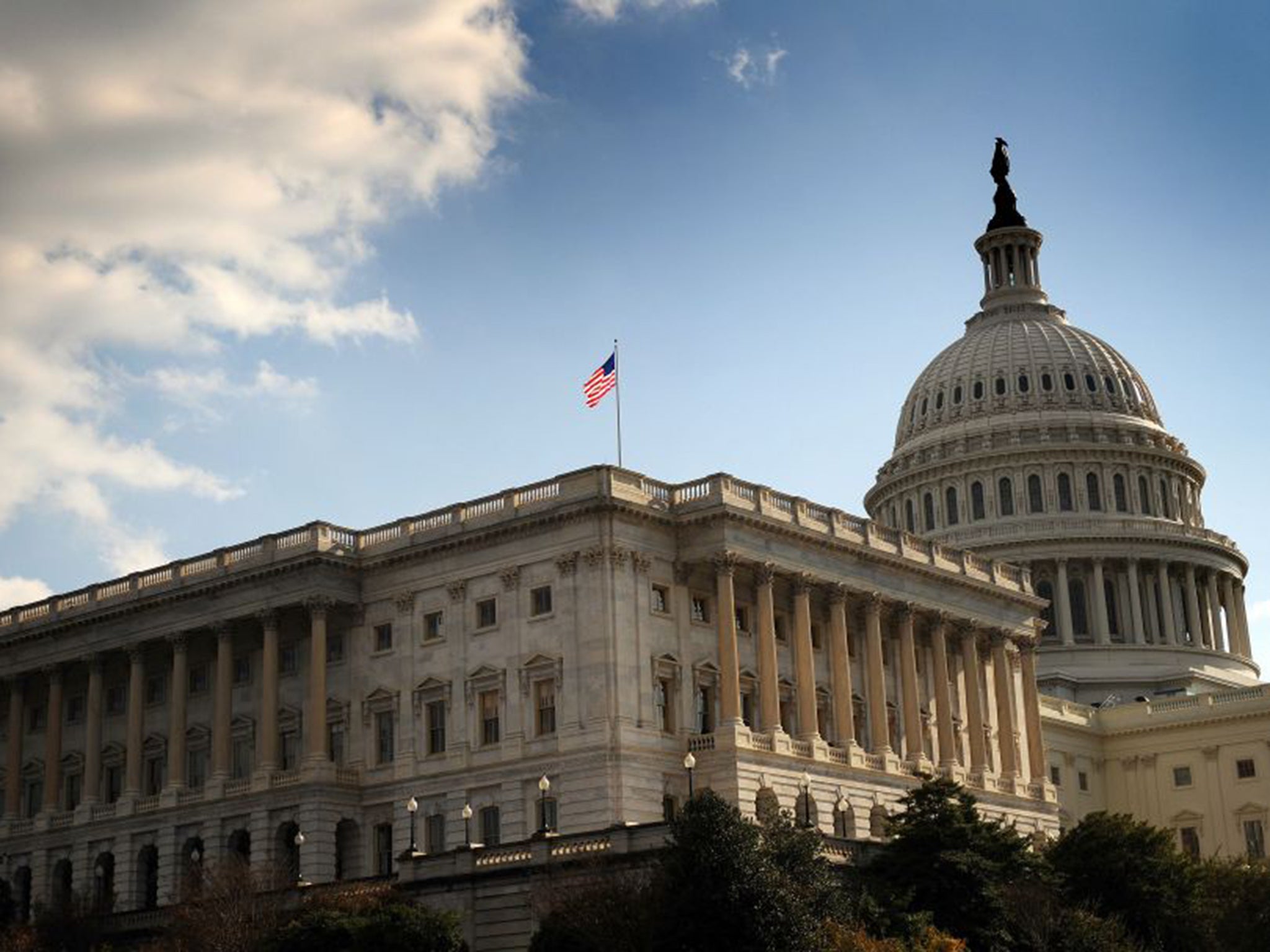NSA surveillance: Senate wrangle may put an end to US bulk telephone data collection
Edward Snowden sowed the seeds of the drama playing out on Capitol Hill

Efforts to rein in controversial powers that permit the National Security Agency (NSA) to scoop up data from phone calls made in the United States has collapsed in the US Senate. Without an agreement very soon the entire NSA programme could be forced to shut down.
The seeds of the drama playing out on Capitol Hill were sown when Edward Snowden, the former NSA contractor, blew the whistle on some of the NSA’s barely understood practices used to spy on US citizens as well as overseas governments, including the bulk collection of telephone data. The law authorising those practices, the USA Patriot Act, is set to expire on 31 May, however.
The Republican leadership of the upper chamber, led by Senator Mitch McConnell, had expected to be able to force through a Bill similar to one already passed by the US House, by a margin of around four to one. The Bill would have renewed but also curbed the NSA’s powers; allowing it to access telephone data when it has clear cause to do so, but not to collect and store it without that justification.
But the issue has produced deep schisms, including within the Republican Party itself. Republican Senator Rand Paul, the libertarian who is running for president in 2016, is opposed to any extension of the NSA powers. He believes there is no justification for a government to be tracking private phone activities.

Brought to a vote in Washington, the Bill failed to pass. Some voted against because, like Senator Paul, they thought it too intrusive, while others wanted no reduction in NSA powers, saying the threat to national security from terrorists is as great as ever.
The Senate blocked the Bill on a vote of 57-42, short of the 60-vote threshold to move ahead. That was immediately followed by rejection of a two-month extension to the existing programmes. The vote was 54-45, again short of the 60-vote threshold.
With the law, passed in the wake of the 9/11 attacks, set to expire in a week, Senator McConnell ordered the Senate to return early from what was meant to be a 10-day holiday to try to break the log-jam on 31 May – a rare Sunday session. But whatever action it takes – if it is able to take any at all – may face resistance from the US House.
The Justice Department has said the NSA would begin winding down its collection of domestic calling records this week if the Senate fails to act because the collection takes time to halt.
Senator Paul was unrepentant. “This is only the beginning – the first step of many. I will continue to do all I can until this illegal government spying programme is put to an end, once and for all,” he said in a statement.
Join our commenting forum
Join thought-provoking conversations, follow other Independent readers and see their replies
Comments
Bookmark popover
Removed from bookmarks